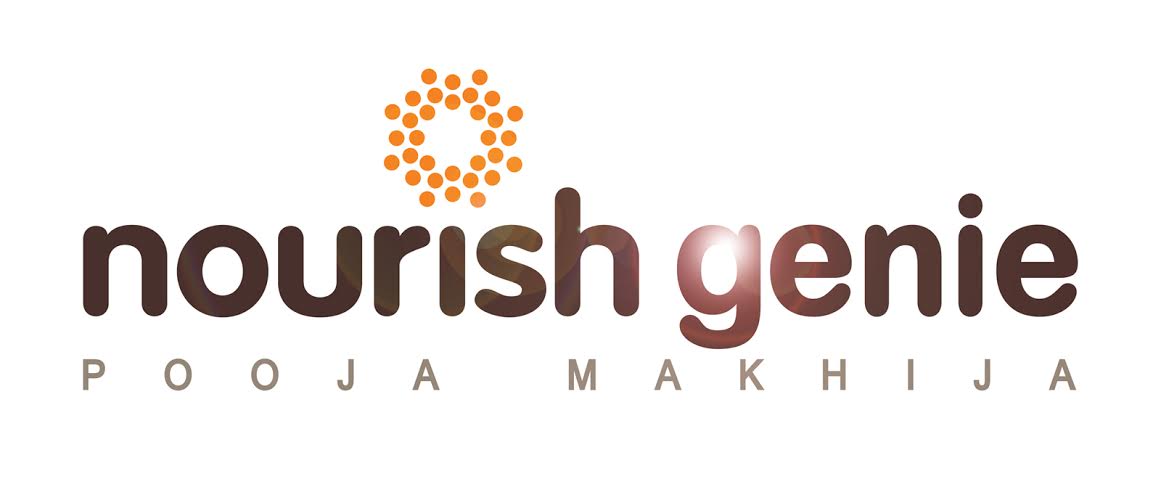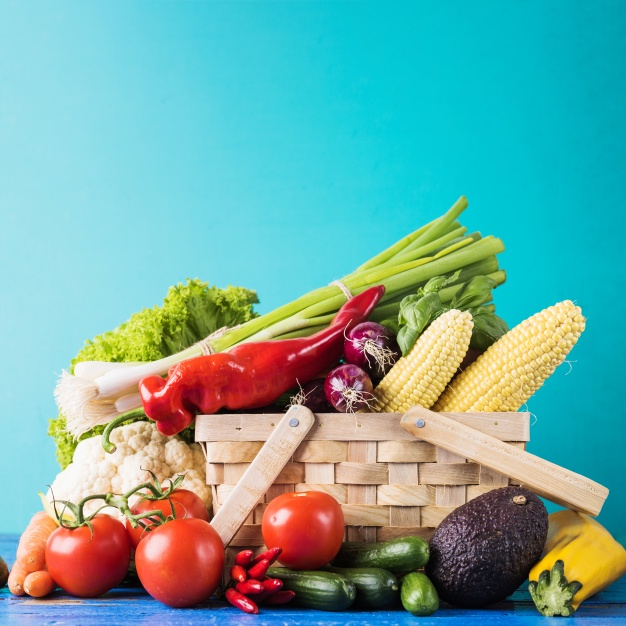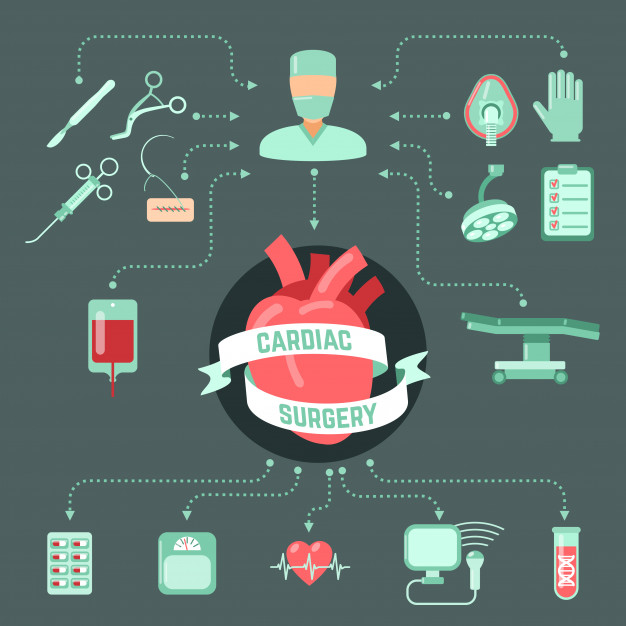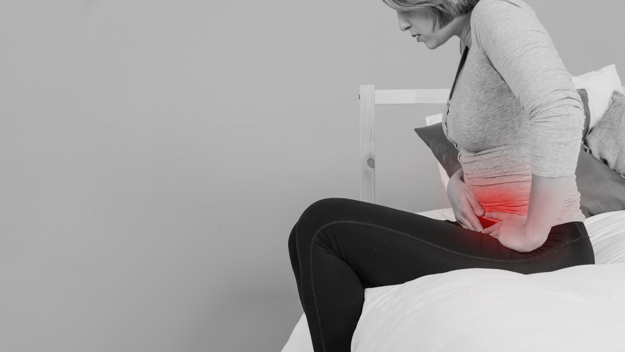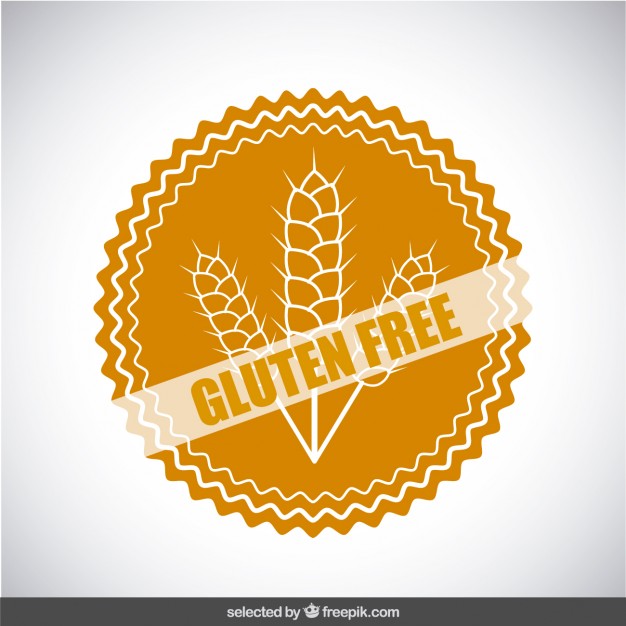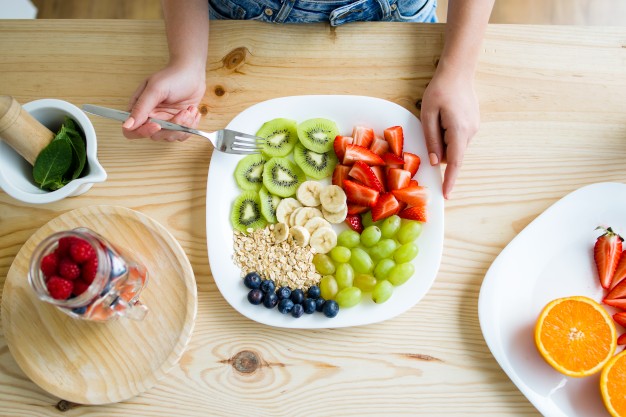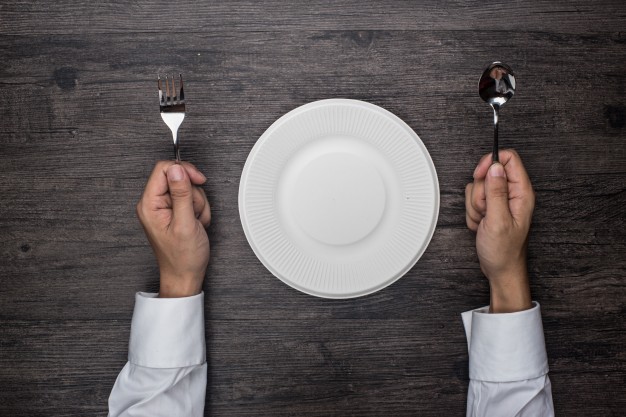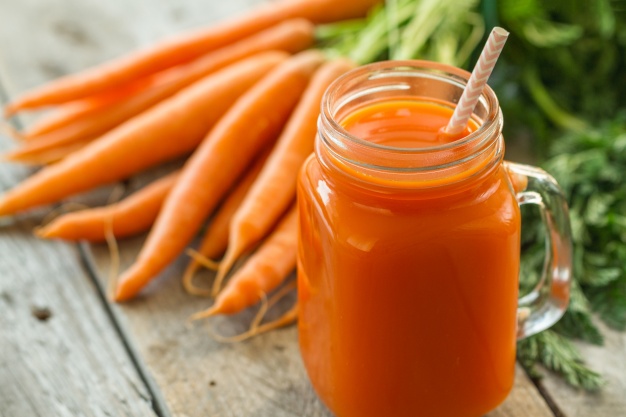Dear Pooja,
I am in college and I have been working out in the gym from the past 5 months. I first started out by doing cardio and rigorous weight training in the gym during my break, then when college started, I started running for 45-50 min in the park. I would sometimes do 50 min cardio in the gym (25 min cross trainer and 25 min running on the treadmill instead for running out in the park). My diet is extremely healthy, I make it a point to eat healthy home cooked meal. I sometimes each red rice or jowar roti or normal roti during meals. I each 3 fruits during the day and plenty of water. As I belong to a Punjabi family, we eat non-vegetarian dishes cooked in minimum oil 5 times in a week. But my mom compensates that with giving us lots of vegetables to each. I eat an egg every day. I don’t indulge in deserts and i avoid fried foods. Despite my efforts, I’ve gained 6 kgs in the past 4 months. Could you help me with the same.
To start with I must say I am happy to hear that as a teenager (assuming that since you said college) you are trying to lose with food and not without it – as most would just think of food as calories and thus the main culprit to weight gain. Food is your sole nurturer and growth provider – never ever shun away from it.
Now to comment on your diet- at the first glance absolutely nothing looks wrong in your eating pattern that would cause this weight to go up – you are doing a good balance of input (food) and output (cardio). It seems to be a good balance of carbs (brown rice, jowar roti), proteins (non veg + egg), vitamins and minerals (3 fruits+ vegetables).
However, Sanjana please note that your input (however healthy) has to within the specific need of your body. When I say ‘need’ I mean that every body has its BMR (basal metabolic rate), which is the minimum calories it needs for its own basic functioning. Weight gain is a consequence when the input is more than the output. To perfectly know your body’s need you could ask for professional advise or even calculate your BMR using online tools that only need your height, weight, age and gender to calculate the same for you. In my book – Eat.Delete I have taught you how to do this and then also pick up a diet as your BMR that will give you the total amount of food you need to eat in a day.
Sadly I have no simply answer to give you for your weight gain – but remember our body is a magnificent machine that works relentlessly day and night – its needs thus are special and require a little fine tuning when we are talking about losing or gaining weight. Learn this delicate balance once and your body will respond to it marvelously and continuously. Whatever you do never give up your faith in food – that then is my mission accomplished!
Dear Pooja,
I am 21. Becoming overweight is my problem. I have put on about 15 kilos of weight in the last three years. I tried many ways – walking, swimming, dieting – but gained weight. I did not get benefits from any of that. Maybe because I expect quick results that I get disappointed. How much time is needed to lose weight? Which is the best healthy and economic way to lose weight?
Just like any vocation or course that you would be currently studying Jwala, the knowledge and the experience will stay with you for the rest of your life not just until you are in university studying it. Similarly food, exercise and body weight all part of a continuous circle. Maintaining body weight is not a one-time effort that you try, succeed or fail and then drop the actions that took you there. You are what you eat – your weight is nothing but a balance of how much you eat and how much you burn (exercise). Learning this art of balance is a one-time deep, rooted-effort that each and every one of us must make and then maintaining your body weight will be easy as the that friend or colleague that you always envy has got it lucky. Walking, swimming and eating – all are calorie burning processes – then why would they not let you lose weight? But while burning the calories through exercise if you are eating just as much or maybe a little more then you cannot see the scale go down. Calculate your need (BMR – through several online tools) and then break up your day’s meals to fit in that number. Now increase the burn by doing an intensity and duration controlled cardio daily – do this consistently for a few weeks (there is no short cut to losing weight) there is no way but to lose that fat that is bothering you. Once you succeed in this effort please do not let go of this awareness and this basic balance of input and output and you shall never have to fight the battle of bulge again.
Dear Pooja,
My sister was diagnosed with jaundice earlier this month. She is recuperating at home now. Currently, she is on a liquid and soft food diet. She feels weak all the time. We eat non-vegetarian food at home. I was wondering if you could help us with what she can start eating and what she should avoid. Are there any particular snacks we should give her?Jaundice has a direct effect on the digestive system thus taking care of what you eat can help you recover faster. Low fat and high fluid diet is the key emphasis. To maintain the fluid and electrolyte balance hydrate yourself with ample amounts of water, chaas, coconut water, soups, juices, smoothies and milkshakes. Eat small frequent meals so as not to load the system at one time. Good quality and quantity of protein is important to recuperate faster. White lean meats like chicken and fish can be lightly steamed or grilled and consumed about two to three times a week. Egg whites are excellent in both their quality and quantity of protein so please add them generously to your daily diet. Foods to avoid include all fried and heavy calorie laden foods including cakes and candies, extra masala and spice, extra fibre – thus peel the fruits and avoid vegetables like with more seeds like cucumber, brinjal, tomatoes, stay away from carbonated drinks and excess caffeine as they irritate the gut. Home cooked food in good hygiene, less oil, lots of fluids and even more love is the quickest and easiest route to hasty recovery. Get well soon!
Dear Pooja,
My father, 72, had an open heart surgery a few weeks ago and is better now. He did not have a heart attack, and he does not have diabetes nor high BP. What are the kinds of foods he can have now to gain back his strength? He is slim and had been otherwise fit always and is a vegetarian.Your father can most easily be the best example to what I say over and over again ‘You are what you eat’ being a wise eater thus the absence of any excess weight baggage and like you said fit always’ and therefore is metabolic disease free even now. The reason for an open-heart surgery could very well be age related plague deposition as the most noticeable characteristic of vascular ageing is the change in the mechanical and structural properties of the vascular wall. Now to help him regain his strength first focus should be on better quality proteins – being vegetarian please ensure you are giving him one-two servings of dal/pulses/sprouts daily – low fat milk and its products and if possible introduce some quinoa and soyabean weekly. Vitamins are another point to emphasis thus ensuring no micro nutrient deficiency leading to delayed healing. Two-three servings of vegetables plus an additional raw veggie juice daily (minimum three colours of vegs) along with two-three servings of fruit daily should do the trick. Ample hydration, adequate sleep and slow walks for about 15-20 minutes a day should help in better recoup and recovery. Check with your doctor or nutritionist for basic multi vitamins and some B12 as well as omega 3-6-9 supplements since he is vegetarian. Always keep the faith in the magic and the powers of healthy frequent eating and may he have a long healthy life ahead.
Dear Pooja,
My 17-year-old daughter suffers tremendously during her menstrual cycle every month. During those days, she barely eats and says most foods make her feel nauseous. Are there foods that will help ease her symptoms? Should she avoid certain foods? Does staying active help? Please advise.
Painful periods is a very common problem among teenage girls and women which hinder their normal school related, household or job work. Although some pain during periods is normal, excessive pain is not. The medical term for the same is dysmenorrhea.
Now the diet during these days is the most important and not eating is going the make the symptoms of discomfort worse. A diet rich in carbohydrates (roti, rice, bread, puha, upma and the like) having a good focus of good quality protein (egg whites for non vegetarians and soya, quinoa, pulses for the vegetarians) helps to continue the wear and tear functions of the body smoothly which is high during monthly menstruation due of uterine wall breakdown. So make sure you feed her some of these foods in the any form that she likes – the cuisine, style of cooking and taste can be adjust to suit her taste buds but eating is most essential.
A diet rich in vitamin B6 or pyridoxine helps ease period pain. Include fish, beef, starchy vegetables like potato, banana , rice, fortified cereals in your diet to get good quality B6 or even a supplement (50-100mg) a few days prior to, during and 3-4 days post completion of your periods every month is a good way to alleviate this pain. Among other aids – a warm water bag or heating pad applied to the lower belly area, light circular massage on the abdomen, warm beverages, warm shower or bath and light exercise all help to ease the pain. Good luck!
Dear Pooja,
I am a 33-year-old single woman and lean on the heavier side. I’ve tried numerous diets but the effects taper off after a while. I have heard a lot about gluten and how a gluten-free diet is supposed to work wonders. Could you tell me the advantages of going gluten-free? Are gluten-free foods expensive and available easily in the city? Thank you.
Gluten-free does not only work wonders but it is the only way one can eat and prevent intestinal damage and other autoimmune diseases – but that is only for those with celiac disease or severe gluten intolerance! For those with these conditions eating gluten can be lethal and can cause severe damage to their intestines thus they are forced to follow a gluten-free diet – no other choice. Ask them how difficult it is to eat regular meals at home or at restaurants and how careful they have to be scrutinizing each product label for even minor traces of gluten in it, which can cause them deadly damage.
In the health and diet industry anything can become a rage or trend. Few prominent people follow it and say they do and lo behold half the world is trying it out. Living off gluten is not easy – imagine your daily diet without access to wheat, barley, rye, barley roti, parathas, biscuits, breads, pasta, noodles, couscous, semolina, spelt even ready to eat soups, processed cheese, mayonnaise, ketchup, salad dressing, non-dairy creamers, canned baked beans, icecreams, flavoured coffees, breaded foods, cereals, malt vinegar, beer, vodka and the list can go on. Are you prepared to let go of all these foods just so that your body can let go of some weight? Even if you can for while – any results you get will only be for the time you will stay off them – once you start eating gluten all the effects will be difficult to maintain and all the weight lost will be reversed.
Losing weight is not about deletion, it’s about sustenance. Eat all foods but learn the key in terms of quantities and methods of preparations. Start what you can always maintain (lifestyle) so that the effects you get can also always be maintained and you never have to do another weight loss battle again.
Dear Pooja,
I am a middle aged woman. I regularly suffer from acidity. Digesting food easily is difficult for me. Even when I fast for the whole day, I suffer from acidity. This is why I have also been unable to gain any weight since a number of years. Although my appetite is normal, the acidity becomes a problem. What should I do?Acidity is an ailment that we all have suffered from at one time or another. Do remember acidity is a sign our body is trying to give us. The most obvious signaling is because of large gaps between meals. Our gastric lining produces the acid as a means to aid digestion – as its enzymes only activate and function in an acidic medium. When the gaps are too long this acid starts corroding it’s own lining causing ulcers. One of the best ways to neutralize the acid produced is to give it the food, this way the lining of the stomach is always protected and belching, heart burn or acidity is kept well at bay. Fasting sadly is not helping this process unless you eat a fruit or some milk every few hours. One of the easiest ways to eliminate acidity is to eat a fruit within the first half to hour of rising – this helps break the long gap between dinner the night previous and breakfast. Avoid starting your day with caffeine – your must have cuppa of tea or hot coffee first thing in the morning only triggers the acid producing cells to work better and faster. Line the tummy with some food first – if not a fruit then a toast or khakra or a biscuit and let the tea follow 20 minutes later. Acidity may be a minor ailment but if left uncorrected can be the cause many bigger problems like frequent sore throat, nagging recurrent cough, migraines, dental cavities just to name the basic few.
Dear Pooja,
I have erratic work hours and don’t get to eat on time. I do carry small snack pouches with walnuts, almonds, anjeer and small boxes of kurmura. I munch on fresh fruits between meetings sometimes. These help me through the day. However, after seven in the evening, sometimes our conference meetings last for continuous hours (8pm to 11pm). I know it is not right to eat late but staying up for so long (I reach home by midnight) makes me very hungry. What is the ideal food / drink that i can have before i sleep? I cant go to bed so hungry but I dont want to eat anything heavy or anything too sweet.
So happy to hear that you have learned the magic of eating small frequent snacks through the day and carry a handbag as heavy as mine – stuffed with more food than any other little things! LOL! Keep that up!
Of course you can’t sleep on an empty stomach – no one can. I know people have their own busy chaotic schedule and food doesn’t fit into the pattern many times. But you are doing a great job through the day and you could continue doing the same through the latter end as well. I’d suggest you should have your dinner early just before you enter these long marathon meetings. It could be simple frankie wraps or stuffed rotis or mixed rice with sprouts and veggies or a sandwich (all of these taste fine even when eaten cold). Through the meetings you could just gobble down a biscuit or some chana on your way in or out of a quick loo break – that way you still eating two hourly. And then once your home you are not ravenous since you ate a filling meal at 8pm (and every two hours in between) so now you could have a warm soup or a bowl of dal or a cup of milk with little fruit immediately as you reach. By the time you unwind and get into bed a good 30-45 minutes have passed and you are then good to call it a day and snooze! Good luck! And never stop the small frequent snacking.
Dear Pooja,
I am a 22-year-old woman suffering from DHT (which is now above borderline.) I weigh 60 kgs and my height is 1.65.1 cms. I had lost weight almost a year ago and have been on medication for DHT for over a year, yet it has not come in control. I will soon be going abroad for studies and I’m scared of weight gain. I’m very fond of eating eggs. How many times can one consume eggs in a week? Are there other foods that I can eat with eggs, which won’t affect my DHT levels adversely? I suffer from constipation as well. Please suggest a diet I can follow when I’m outside the country.Dihydrotestosterone (DHT), a derivative of the male hormone testosterone, is the enemy of the hair follicles on your head. DHT shrinks hair follicles, making it impossible for the healthy hair to survive. Attacking more men than women but sometimes certain factors tied up to the action of hormones, including, ovarian cysts, taking high androgen index birth control pills, pregnancy, menopause or then even heredity can make us more prone to being the victims of DHT attack. Reducing this hormone with medication in conjunction with a balanced nutritious daily eating can help you save your crowning glory in time. Fresh fruits and vegetables will give the essential vitamin A that only promotes a healthy scalp but also promotes hair growth. Thus include at least 2-3 servings of vegetables and fruits each daily, I’d emphasis strongly on glass of fresh raw veggie juice daily which is not difficult whether you live here or any part of the world. Fruits and vegetables also help you procure the B complex vitamins which are very essential for healthy hair growth. Omega 3 is another focal point so try to include some fatty fish in your diet two-three times a week – eggs on the hand can be part of your daily diet. Eat egg whites daily anywhere between two-four a day and a yolk about twice a week depending on your cholesterol levels. These help keep the proteins levels high that is another important trick to prevent unwanted hair loss. Ample water, three-four hours of exercise a week and minimum indulgence with high sugar, high fat foods shall help you maintain healthy weight and hormones levels to nip the problem soon. Good luck!
Dear Pooja,
I am a 18-year-old girl and my dietician has suggested me that I drink tomato and spinach juice every day. However, I don’t like the taste and find it difficult to drink. Is there an alternative to this?
Your dietitian has only your best interest at heart when she recommends a vegetable juice for you daily. If you inculcate the habit of chugging down one fresh glass of potent natural vitamins, minerals and anti oxidants today at 18 years of age you will never need to pill, dermats and ageing treatments at any age. Nutrition from the plate and not a pill. I’m sure the combination is not locked for you and you can take any vegetables (I’d suggest minimum three) of different colours (for a variety of anti-oxidants) to make you juice daily. The key to its magic is immediately preparation and consumption so that no vitamins are lost and oxidized in translation. Add flavours like celery, ginger, lemon, mint and coriander to enhance the taste. Also I would recommend that a minimum of 50 percent of the roughage be retained in the juice so that your fibre intake of the day also gets done. The vegetable juice daily helps in better bowel movements, clearer skin, stronger hair, longer nails, more energy, better stamina, lesser hairloss, improved immunity, reduced episodes of cold and cough……what more can you ask? So go slurp down a glass of veg juice now! All of you.
